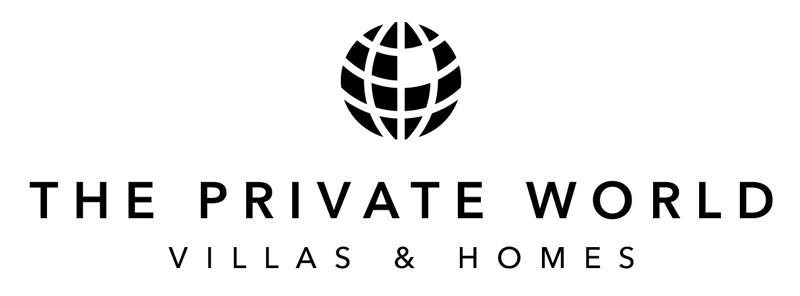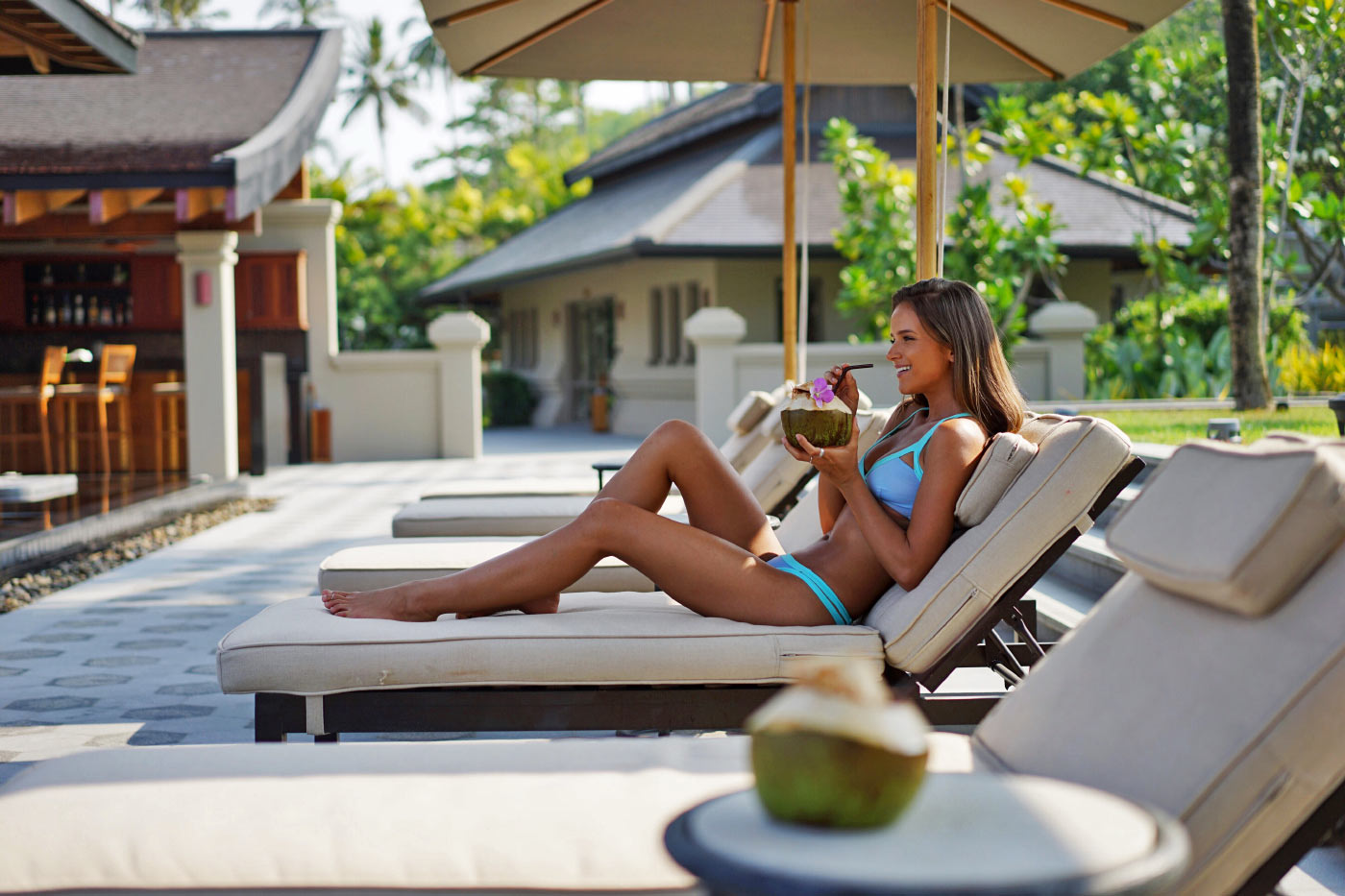Due to the pandemic, traveling and vacations have been off the table for many of us. As borders are beginning to open again and vaccines are being administered more widely by the day, now could be the perfect time to start planning your next holiday.
As if we all need more reasons to pack our bags and spend time with loved ones we haven’t seen in a while, plenty of research suggests that vacations can do a lot of good for your wellness and physical health.
Here are some incredible benefits you can get from taking a vacation:
Vacations reduce stress
Whether it’s quick and short or long and extended, our minds and bodies welcome breaks.
We all want to be productive, but continuous work with no vacations can be counterintuitive. Even skimping on breaks can make it harder for our minds and bodies to relax because the connections in our brain that help us feel calm and peaceful can weaken, making it more difficult to shift into a relaxed state.
A Canadian study shows that even short vacations, just the act of removing yourself from the daily activities that may trigger stress, already makes a difference. This is backed by a Japanese study that shows reduced perceived levels of stress just after a 3-day vacation.
Chronic stress is detrimental to our wellbeing, affecting the part of the brain that helps us stay focused and goal-oriented. This means that getting away for regular vacations, leaving our everyday stress triggers, and taking those time-offs can disrupt the harmful cycle of stress, giving our bodies a chance to repair some of the damage.
Related article: Kick-start a Luxury Approach to Wellness
Vacations increase productivity and creativity
An increase in productivity can be credited to vacations. In many cases, liberal vacation policies continue to create an improved quality of life for employees, which also translates into increased work quality.
In a study conducted by a reputable consulting firm, professionals who are required to regularly take time off from work were significantly more productive than those who spent more time working. Other similar studies reported that for each additional 10 hours of vacation taken, employees’ year-end performance ratings improved by 8%.
Our wellness can drastically improve when we allow ourselves to relax. A change of scenery can work wonders in providing you with inspiration upon your return.
Vacations also help you gain clarity. Not only do you feel more creative right after taking time off, regular tasks also feel like they take less effort which leads to an increase in satisfaction with your job.
Vacations decrease your risk of getting sick
Vacations can decrease your chance of getting the flu, colds, even irritable bowel syndrome.
Psychoneuroimmunology, a field of study specializing in determining the relationship between the central nervous system and the immune system, has consistently found plenty of correlations between stress and illnesses.
In a study conducted to examine how a vacation can be associated with metabolic outcomes, researchers found that the longer the vacation the participants take, the fewer incidences there are of metabolic syndrome and its symptoms.
Vacations are good for your heart too.
An American study conducted to identify common factors that contribute to cardiovascular diseases has recognized stress to be a major factor. The same study also made the significant correlation that women who don’t take vacations were 50% more likely to have a heart attack while men were 30% more likely. This proves true even after participants have adjusted for health and lifestyle factors.
Vacations can strengthen relationships
Spending quality time and enjoying getaways with other people improves every relationship in your life.
Whether it may be with family or friends, traveling and discovering new places and embarking on new experiences deepens your bond with the people you are with. Time spent together nurtures your relationships by creating new and lasting memories.
For couples, travel enables you to spend intimate time with each other. It builds trust and commitment towards a common goal. Furthermore, couples who travel together learn how to communicate better through understanding and patience.
Even traveling alone strengthens your relationship with yourself. Detaching yourself from your comfort zone and trying new things helps you discover yourself in a more profound way. Solo travel also has the potential to bring out new traits and interests that you wouldn’t have known otherwise.
Related: How Prepare for 8 Common Group Holiday Hiccups
Vacations can improve sleep quality
People who take vacations regularly have better and improved sleep.
An informal study involving 15 participants on vacation were asked to keep a sleep diary to measure their reaction times and wear a wrist device that can monitor the quality of their sleep. Both activities were monitored three days before the vacation until three days after their return.
The research showed that after just 2 to 3 days of vacation, participa
nts have already experienced an 80% improvement in their reaction times and were averaging an hour more of good quality sleep.
Even after their vacation, the participants’ sleep remained close to an hour more and their reaction time remained about 40% better.
Some sleep experts have also hypothesized that sleep improves while on a vacation and may likely extend after because a new bed may help the brain in dissociating from negative sleep patterns people may have back home.
Vacations boost overall happiness
Recent research shows that even the mere act of planning a trip can increase happiness. In a poll conducted last year by the Institute for Applied Positive Research, 97% say that having a trip planned makes them happier, while 80% reported that planning travel for some time in the next six months would bring them happiness. Additionally, 82% say that a booked trip makes them “moderately” or “significantly” happier.
In a separate study conducted by Cornell University in 2014, researchers discovered how the anticipation of experiential spendings such as traveling increases the person’s level of happiness much more than material goods.
Professor Thomas Gilovich, co-author of the study, found out that people derive more happiness from talking about experiential purchases rather than material consumption. His co-author, Amit Kumar, adds that “Compared to possessions, experiences make for better story material.”
Make vacations a priority. But before traveling, be sure to stay safe, check the travel restrictions of your destination and plan in advance.
……………………
Visit our magazine for more travel guides and inspiration






